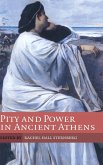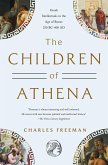High Quality Content by WIKIPEDIA articles! The ecclesia or ekklesia was the principal assembly of the democracy of ancient Athens during its "Golden Age" (480 404 BCE). It was the popular assembly, opened to all male citizens over the age of 30 by Solon in 594 BC meaning that all classes of citizens in Athens were able to participate, even the thetes. The ecclesia opened the doors for all citizens, regardless of class, to nominate and vote for magistrates indirectly voting for the Areopagus have the final decision on legislation, war and peace, and have the right to call magistrates to account after their year of office. In the 5th century BC their numbers amounted to about 43,000 people. However, only those wealthy enough to spend much of their time away from home would have been able to participate until Pericles' reforms in early 451-2 BCE allowing payment for jurors. The assembly was responsible for declaring war, military strategy, and electing strategoi and other officials. It originally met once every month, but later it met three or four times per month.
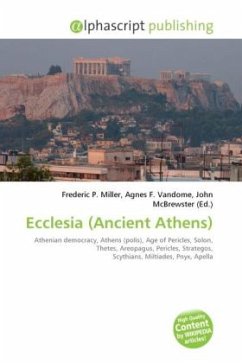
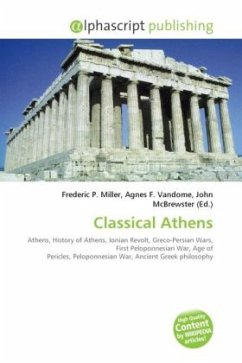
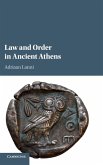
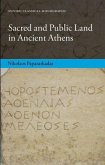
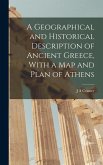
![Ancient Athens [microform]: Its History, Topography, and Remains Ancient Athens [microform]: Its History, Topography, and Remains](https://bilder.buecher.de/produkte/65/65516/65516621m.jpg)
